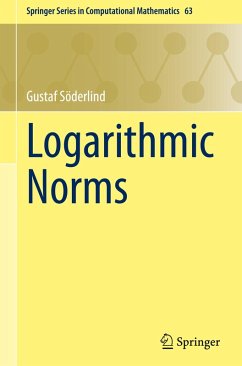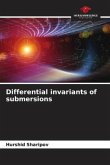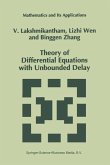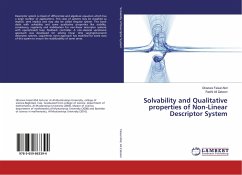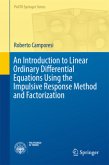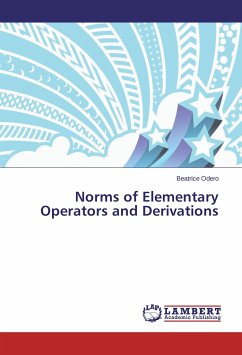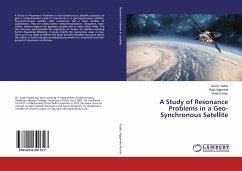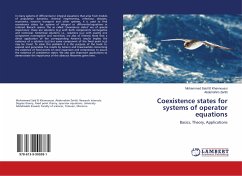This book offers the first comprehensive account of how the logarithmic norm is used for matrices, nonlinear maps and linear differential operators, with a focus on initial and boundary value problems.
Complementing the usual operator norm, the logarithmic norm is a versatile tool which provides unique additional information on the magnitude of an operator. It is instrumental in the stability theory of dynamical systems and in the theory of elliptic operator equations.
The text adopts a unified approach to address a wide range of themes in applied mathematics. It explores the role of the logarithmic norm in scientific computing, compares the operator bounds with those of spectral theory, and illustrates the theory with classical models from science and engineering. Many previously unpublished results are presented alongside established material, supporting researchers in applied mathematics and computational engineering who seek a systematic approach to stability and perturbation bounds in initial value problems, boundary value problems and partial differential equations.
Primarily intended as a reference text, the book can also serve as a graduate text for PhD students.
Complementing the usual operator norm, the logarithmic norm is a versatile tool which provides unique additional information on the magnitude of an operator. It is instrumental in the stability theory of dynamical systems and in the theory of elliptic operator equations.
The text adopts a unified approach to address a wide range of themes in applied mathematics. It explores the role of the logarithmic norm in scientific computing, compares the operator bounds with those of spectral theory, and illustrates the theory with classical models from science and engineering. Many previously unpublished results are presented alongside established material, supporting researchers in applied mathematics and computational engineering who seek a systematic approach to stability and perturbation bounds in initial value problems, boundary value problems and partial differential equations.
Primarily intended as a reference text, the book can also serve as a graduate text for PhD students.

